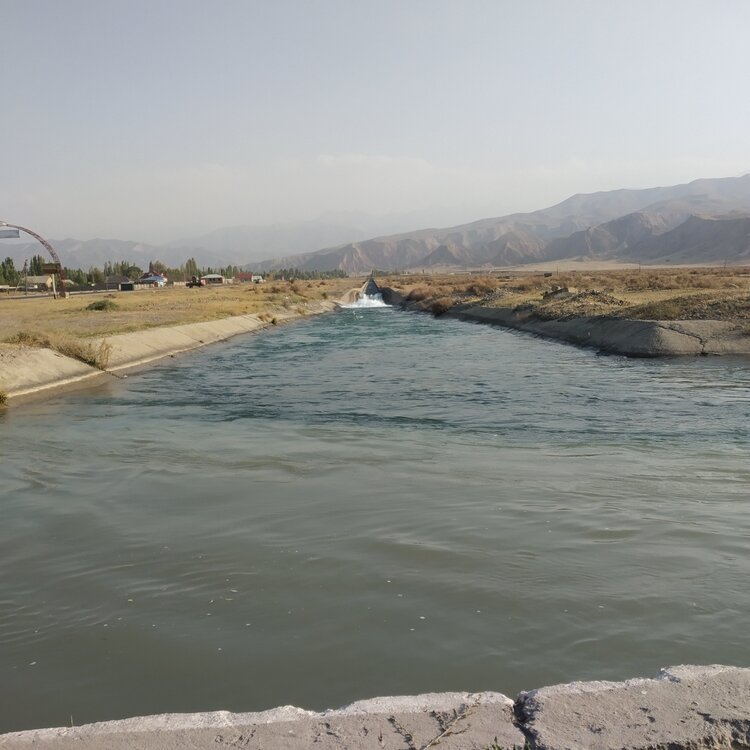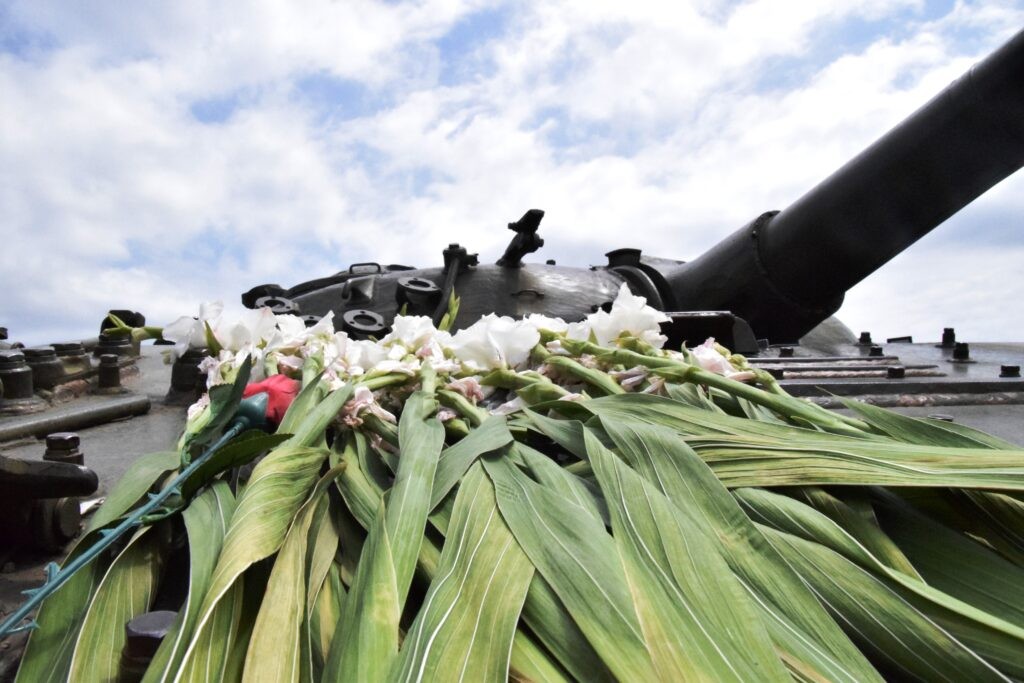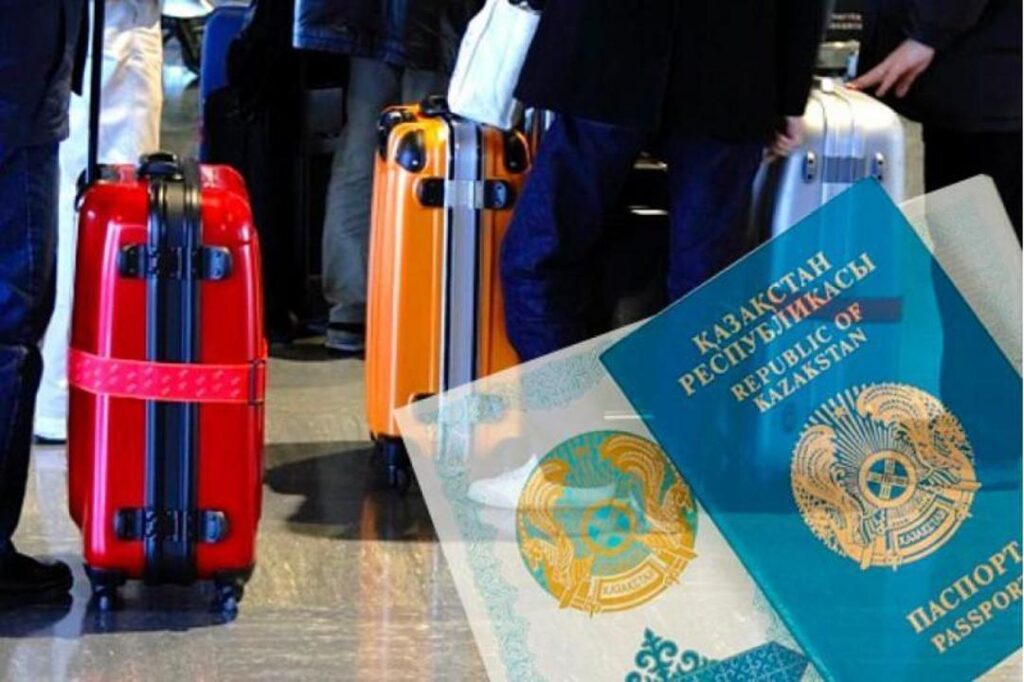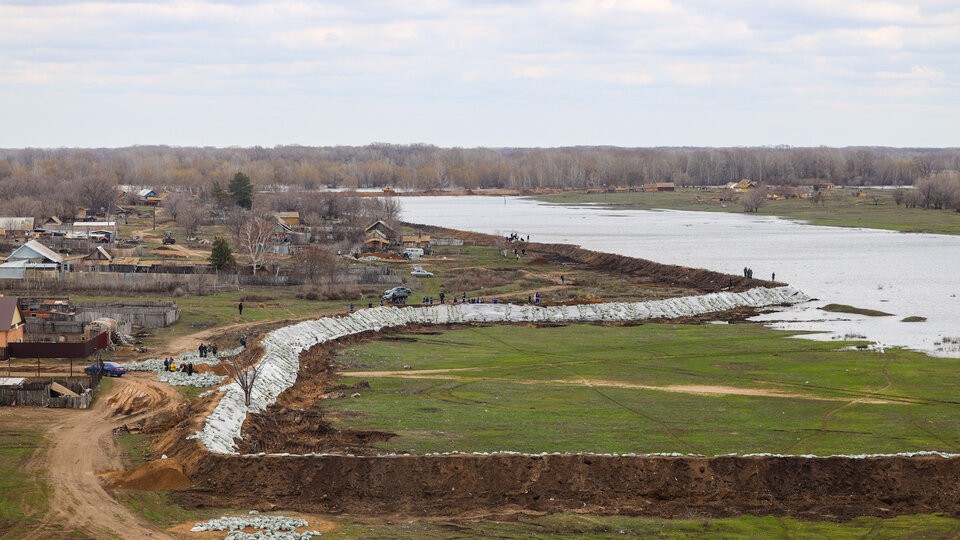Twenty New Reservoirs for Kazakhstan
The Kazakh Ministry of Water Resources and Irrigation has announced plans to build 20 new reservoirs with a capacity of 2.5 billion cubic meters by 2030. During the first stage, ten reservoirs will be constructed in the regions of Akmola, West Kazakhstan, Zhambyl, Kyzylorda and Zhetisu, and in the south, two more reservoirs will complement that of Kensai-Koskorgan-2 , already in operation in the Turkestan region. The installation of eight new reservoirs will then follow elsewhere. Once completed, the project will reduce the country's dependence on water flowing from upstream Kyrgyzstan and China by 25%, help combat drought in southern Kazakhstan and conversely, reduce the threat of flooding in 70 rural settlements with a total population of 137 thousand people. In addition, irrigation will be provided for a further 250 thousand hectares of farmland. Plans are also in place to reconstruct 15 existing reservoirs with a total capacity of 1.9 billion cubic meters, with work on six reservoirs in Aktobe, West Kazakhstan, Zhambyl, Kostanay, Turkestan regions and the city of Astana, scheduled to start this year.








